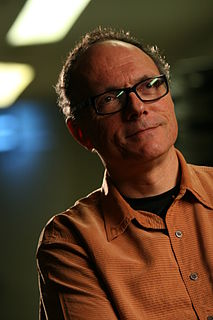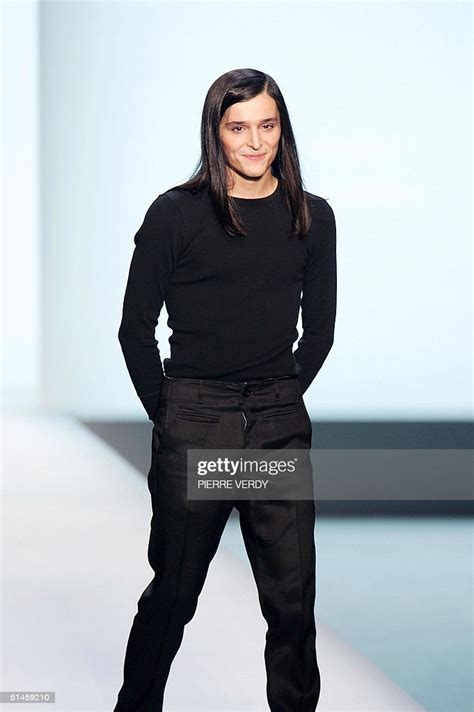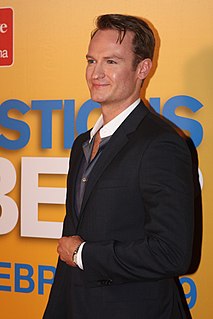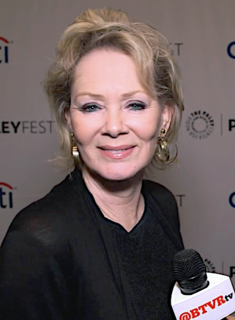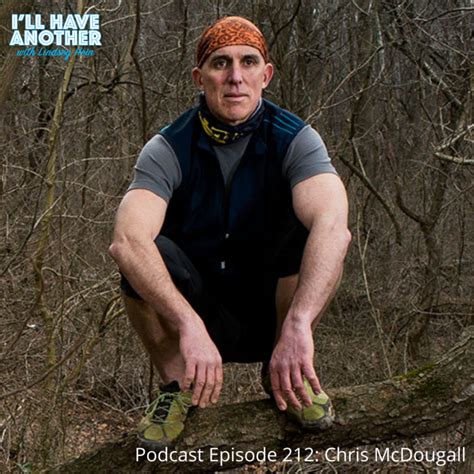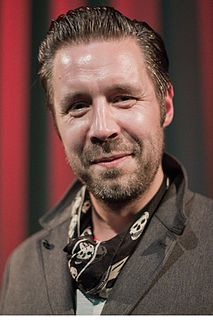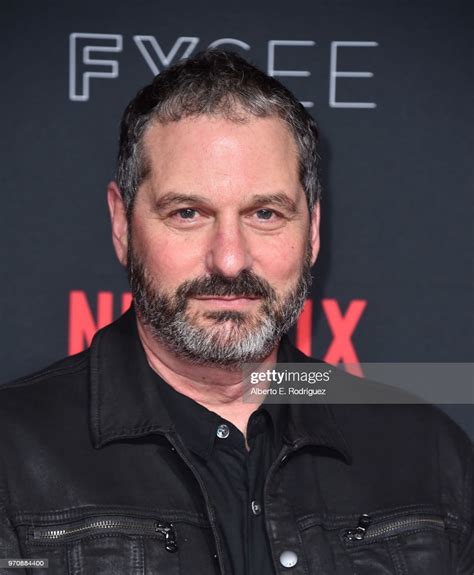A Quote by Michael Tolkin
I was thinking what an interesting concept it is to eliminate the writer from the artistic process. If we can just get rid of these actors and directors, maybe we got something here.
Related Quotes
Editing rooms are kind of, by definition, a bubble of you and the editor and what you're thinking. It's a truth-telling thing to watch it through someone else's eyes, is to get another level of real with your material. Like, "Maybe that's not that funny. Maybe that's not as interesting. Maybe that's redundant to something else. Maybe we can cut down." I don't know. It's a brutal, honest process. You've got to be pretty - You can't be sentimental. You have to be. It's a cold process. You can't be nostalgic. You have to make those tough decisions.
Finding a kid that could be introspective and internal and thoughtful, and then also be wild and free and guileless and physical, it was hard. So at the end we started getting down to panic time, and we still hadn't found our Max. And we decided to go about it a different way. We said, "Let's just find friends of ours that live in interesting cities in the country that maybe aren't as big, and people that don't do casting." And thinking maybe you find a place that has an artistic community, maybe we'll find some interesting kids from there.
Certainly as actors, and maybe as directors, you've got to hang on to something childlike. You've got to know what play is. I haven't worked with Mike Leigh, but I know him very well and there's something open in his eyes about what's in front of him. And the same is true of Alfonso in a Mexican, mad way. There's an enthusiastic response to something. Neil Jordan, the same, when he gets excited . You just want to know there's a human being in there.
And then, once you've written, you meet producers and directors and actors. You get to meet interesting, talented, creative, artistic people, and it also staves off a bit of creative stagnation when you can't act, which is the reality of the industry. So often, you can't act because there are just too many cars and not enough car parks. But, I love writing and I'll never stop doing that.
Television is a completely different industry now. It's just extraordinary. It's so wonderful, because there's more interesting product. It attracts the best writers and directors. And one thing that's really interesting about it is that it used to be, if you were on a big network show, like it or not, you were a household face and name. And believe it or not, not all actors like that. That's not their goal. They just like being actors. And there are so many actors that are on hit shows that I have never seen, I've never heard.
I think I'm good with actors. I like directing actors. I also like to show up and just do an acting gig. Where I'm just a hired gun, I don't have to have an opinion on anything.I never got involved in all this stuff because I wanted to control stuff; I got involved in writing and producing because I wasn't getting interesting acting gigs. In a way I'm grateful that I didn't get interesting roles, because it made me pull my finger out and do some work.
I can't separate the process of writing from the visual process. I'm speaking only for myself here, but I'm a highly visual writer. In my imagination, when I'm thinking of a scene, I think of every last detail of it: The space, the color palette, the blocking of the actors, the placement of the camera.
Being known as a writer did change the relationships I had with directors. The rap on actors is that they always want to inflate their parts. But when directors know you write screenplays and have a different view of things, you really get invited into the huddle in a much fuller way. And those collaborations end in friendships.
Yeah, we don't consider many stupid things. I mean, we get rid of 'em fast...Just getting rid of the nonsense -- just figuring out that if people call you and say, 'I've got this great, wonderful idea', you don't spend 10 minutes once you know in the first sentence that it isn't a great, wonderful idea...Don't be polite and go through the whole process.
With directors, some have a kind of in-built ability to just know how to work with actors and get the best out of actors, and some don't have a clue about acting. I think it'd be a good idea if directors put themselves in front of the camera, or even went on a six-week drama course, just to know a little bit about what that feels like.
